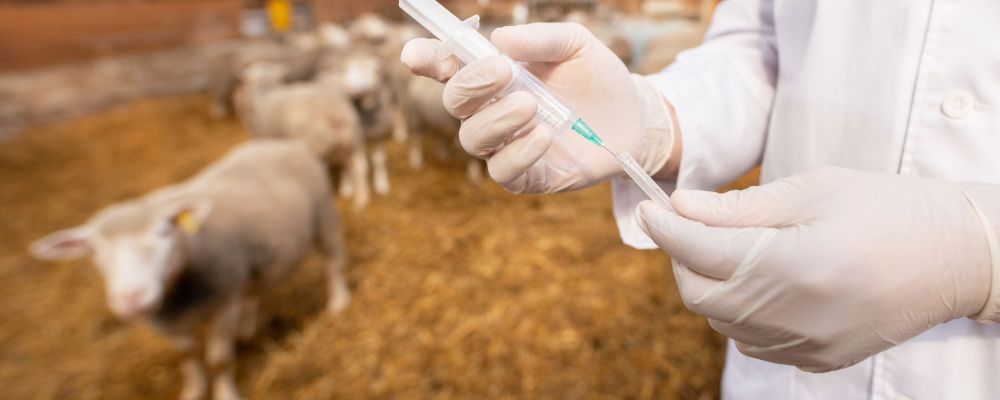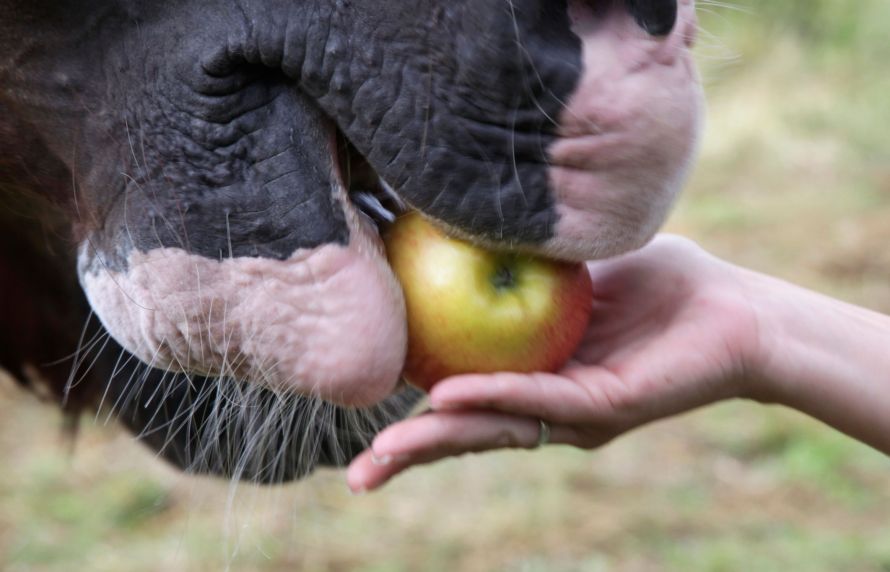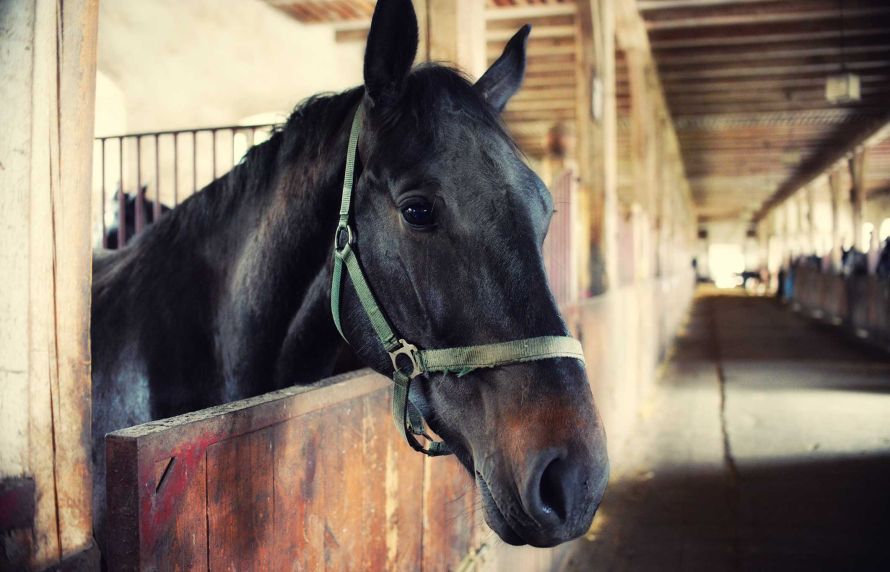Paragraph 13 of Article 58 of European Regulation 2019/06 specifies that the marketing authorisation holder shall without delay inform the competent authority which has granted the marketing authorisation or the Commission, as applicable, of any action which he intends to take in order to cease the marketing of a veterinary medicinal product prior to taking such action, together with the reasons for such action. The planned suspension or withdrawal the marketing marketing authorisation shall be declared to the ANMV as far in advance as possible, if possible 12 to 24 months before the last batches are no longer marketed. This declaration use the reporting template available on the ANSES website. The corresponding email should be sent to DQ_ANMV@anses.fr . Declaration sheet After examining the data provided, the impact of the marketing suspension on the national market is assessed by Anses-ANMV. In the event of a major impact, the search for transitional and alternative measures is continued. At the same time, the SIMV is informed of the withdrawal of MA project, with the agreement of the marketing authorisation holder (or its representative). Manufacturers interested in taking over marketing authorisations can then directly contact the SIMV (contact@simv.org). “ Good practices for the management of these declarations ” specify the actions to be taken by each of the participants as well as the modalities of exchanges. The advance declarations do not replace the official information to the ANMV (enreg@anses.fr) on the abandonment of marketing authorisation, which will be completed in the month preceding the exact date of abandonment.

 Report
Report





